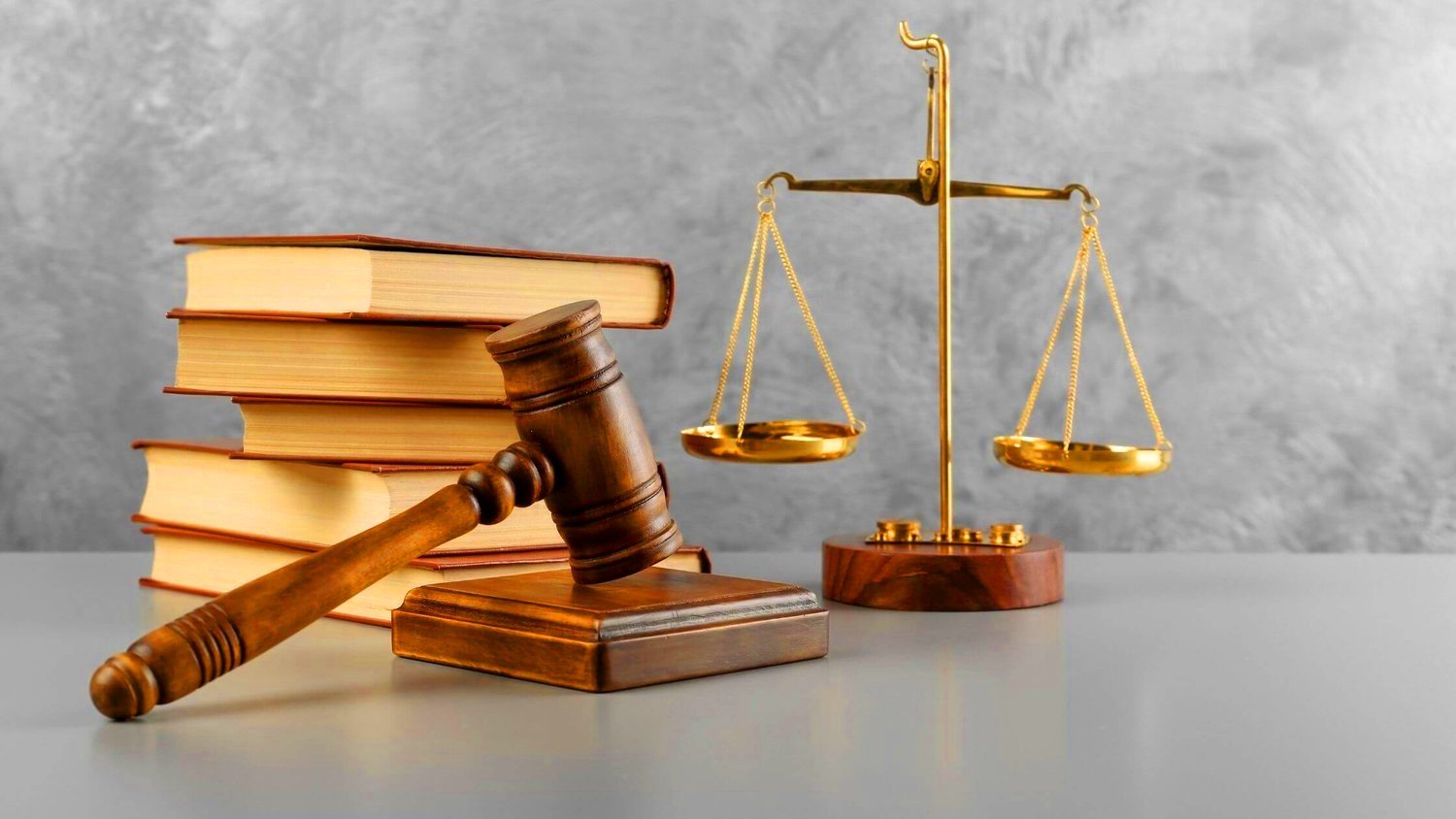Entertainment Law: Providing Protection for Creative Artists

In the context of the entertainment sector, the term “entertainment law” refers to a complete body of rules that address various legal concerns. It covers a wide range of legal concerns, including negotiating contracts, protecting intellectual property, ensuring fair treatment in the workplace, and much more. In this essay, we will explore the many facets of entertainment law, focusing on its relevance in the entertainment business as well as its influence on the artistic community.
Contents
- 1 Importance of Entertainment Law
- 2 Key Aspects of Entertainment Law
- 3 Legal Challenges in Entertainment
- 4 Recent Developments in Entertainment Law
- 5 Case Studies
- 6 The Role of Entertainment Lawyers
- 7 Future Trends in Entertainment Law
- 8 Benefits of Legal Protection for Artists
- 9 How Artists Can Navigate Entertainment Law
- 10 Conclusion
- 11 FAQs
Importance of Entertainment Law
The entertainment business is a varied and complex sector that includes a wide variety of creative and artistic efforts, including but not limited to cinema, music, television, theater, literature, and other forms of expression. In addition, the sector is continuing to flourish and advance, which has resulted in an increase in the number of legal difficulties and concerns it must deal with. In addition, entertainment law has become an increasingly important component in negotiating these problems and ensuring that the rights of producers, performers, and other professionals working in the business are protected.
It is a specialist field of law that requires a comprehensive understanding of the industry’s creative and legal aspects, and it plays an important role in determining the direction that the entertainment industry will take in the future. In addition, entertainment law is a unique field that blends various components of the legal system with a variety of cutting-edge artistic mediums, including but not limited to music, cinema, television, and theater. It covers a variety of legal concerns that have an influence on the entertainment business, such as employment law, contract negotiation, copyright and trademark law, and litigation.
In a similar vein, entertainment attorneys collaborate with their clients to arbitrate and organize various types of finance contracts, such as those involving private placements, public offers, and venture capital investments. In addition to this, they advise customers on the tax repercussions of their business activities and direct intellectual property licensing and monetization strategies.
Regulating the relationships that exist between the many players in the entertainment business is another crucial component of entertainment law. Entertainment attorneys provide their clients with advice and assistance in negotiating negotiations with talent agencies and management companies, as well as advice and assistance on topics relating to talent representation, such as talent agencies and talent showcases. They also direct the legal requirements that must be met in order to operate distribution firms, production companies, and other industry entities, as well as the best practices that should be followed.
As a result of the entertainment industry’s expansion into new worldwide markets, the practice of entertainment law has also grown increasingly international. Entertainment attorneys need to be familiar with the laws and customs of the countries in which their clients operate. They should also be able to assist you in understanding worldwide intellectual property protection, international tax planning, and international business transactions.
In general, the several subfields that fall under the umbrella of entertainment law highlight the significance of the field in terms of defining the entertainment business and ensuring that creators, performers, and other professionals working in the field are safeguarded and paid fairly for their efforts.

Key Aspects of Entertainment Law
Copyright Protection
Understanding Copyright
At the core of Entertainment Law lies the concept of copyright. Understanding the intricacies of copyright is vital for artists to retain control over their creations.
How Copyright Protects Creative Works
Copyright not only prevents unauthorized use of creative works but also serves as a testament to the artist’s ownership. From music compositions to visual arts, copyright protection is a cornerstone of legal defense.
Trademarks in Entertainment
Defining Trademarks
In a world flooded with content, trademarks help artists distinguish their brand. Defining and registering trademarks are pivotal steps for long-term success in the entertainment industry.
Importance of Trademarks for Artists
Trademarked elements, whether logos or catchphrases, become invaluable assets. They not only signify the source of the work but also contribute to the artist’s brand identity.
Contracts and Negotiations
Role of Contracts in Entertainment Law
Contracts are the backbone of the entertainment industry. They outline the terms and conditions, ensuring all parties involved are on the same page.
Effective Negotiation Strategies for Artists
Navigating the complexities of contracts requires effective negotiation. Entertainment lawyers play a key role in ensuring artists get fair deals that align with their career objectives.
Read More: Child Abuse and Neglect Laws and Reporting
Legal Challenges in Entertainment
Intellectual Property Disputes
Common IP Disputes in the Entertainment Industry
From plagiarism allegations to unauthorized usage, intellectual property disputes are common. Artists must be equipped with legal knowledge to address and resolve these challenges.
Resolving Intellectual Property Disputes
Entertainment lawyers employ various strategies to resolve intellectual property disputes, including cease and desist orders, negotiation, and, if necessary, litigation.
Contractual Disputes
Overview of Contractual Disputes in Entertainment
Disagreements over contracts can quickly escalate. Understanding the common pitfalls and having legally sound agreements in place can mitigate the risks associated with contractual disputes.
Legal Remedies for Contractual Disputes
Entertainment lawyers specialize in contract law and can guide artists through the process of resolving disputes, whether through mediation, arbitration, or legal action.
Recent Developments in Entertainment Law
Impact of Digitalization
Digital Challenges for Artists
As the entertainment industry becomes increasingly digital, new challenges emerge. Issues such as online piracy and digital rights management require updated legal frameworks.
Entertainment lawyers are at the forefront of developing strategies to protect artists in the digital age. This includes negotiating fair digital distribution deals and combating online piracy.
Case Studies
Landmark Entertainment Law Cases
Analyzing High-Profile Cases
Examining past legal battles provides valuable insights. Landmark cases involving celebrities and major corporations offer lessons that can shape the legal strategies of today’s artists.
Lessons Learned from Legal Battles
Understanding the nuances of legal decisions can influence how artists and their legal teams approach similar situations. Precedents set in these cases often shape the future landscape of entertainment law.
The Role of Entertainment Lawyers
How Entertainment Lawyers Support Artists
Legal Counsel and Guidance
Entertainment lawyers serve as trusted advisors, offering legal counsel on a wide range of issues, from contract negotiations to dispute resolution.
Proactive Legal Strategies for Artists
Being proactive is key in the entertainment industry. Lawyers work alongside artists to anticipate potential legal challenges and develop strategies to mitigate risks before they escalate.
Future Trends in Entertainment Law
Emerging Issues and Challenges
Technology’s Influence on Entertainment Law
Advancements in technology constantly reshape the entertainment landscape. Entertainment lawyers must stay ahead of the curve to address emerging issues related to artificial intelligence, virtual reality, and more.
Anticipating Future Legal Needs for Artists
Predicting the legal needs of artists in a rapidly evolving industry requires a forward-thinking approach. Entertainment lawyers play a crucial role in ensuring artists are prepared for legal challenges on the horizon.
Benefits of Legal Protection for Artists
Empowering Creativity
Providing a Secure Environment for Artistic Expression
Legal protections empower artists to explore their creativity without fear of exploitation. Knowing their work is legally safeguarded allows artists to push boundaries and innovate.
Encouraging Innovation in the Entertainment Industry
A robust legal framework fosters an environment where artists feel secure in taking risks. This, in turn, leads to groundbreaking innovations that drive the evolution of the entertainment industry.
Education and Awareness
Understanding Legal Rights
Education is the first line of defense. Artists need to be aware of their legal rights, and entertainment lawyers play a crucial role in educating and empowering their clients.
Resources for Artists in Entertainment Law
From legal workshops to online resources, there are various avenues for artists to gain insights into entertainment law. Proactively seeking information can prevent legal pitfalls down the road.
Read More: How to Choose the Right Attorney for Your Case
Conclusion
In the complex world of entertainment, legal protection is not just a luxury; it’s a necessity. Entertainment Law provides the foundation upon which artists can build their careers, ensuring that their creative visions are not only realized but also protected.
FAQs
Why is copyright protection important for artists?
Copyright protection grants artists exclusive rights to their creations, preventing unauthorized use and ensuring they receive due recognition and compensation.
How can artists resolve contractual disputes in the entertainment industry?
Contractual disputes can be resolved through negotiation, mediation, or legal action. Entertainment lawyers are essential in guiding artists through these processes.
What are the key challenges posed by digitalization in the entertainment industry?
Digital challenges include online piracy, digital rights management, and evolving distribution models. Entertainment lawyers help artists navigate these challenges.
How can artists stay updated on emerging issues in entertainment law?
Artists can stay informed through legal workshops, industry publications, and by collaborating with experienced entertainment lawyers who are attuned to current trends.
Why is it crucial for artists to have proactive legal strategies in place?
Proactive legal strategies help artists anticipate and address potential issues before they escalate, providing a secure foundation for their creative endeavors.





